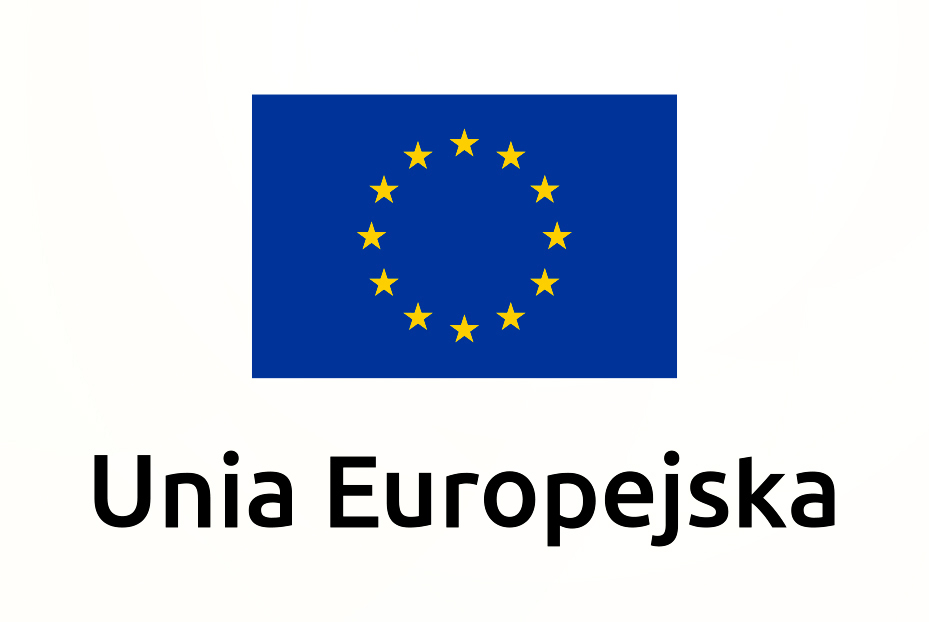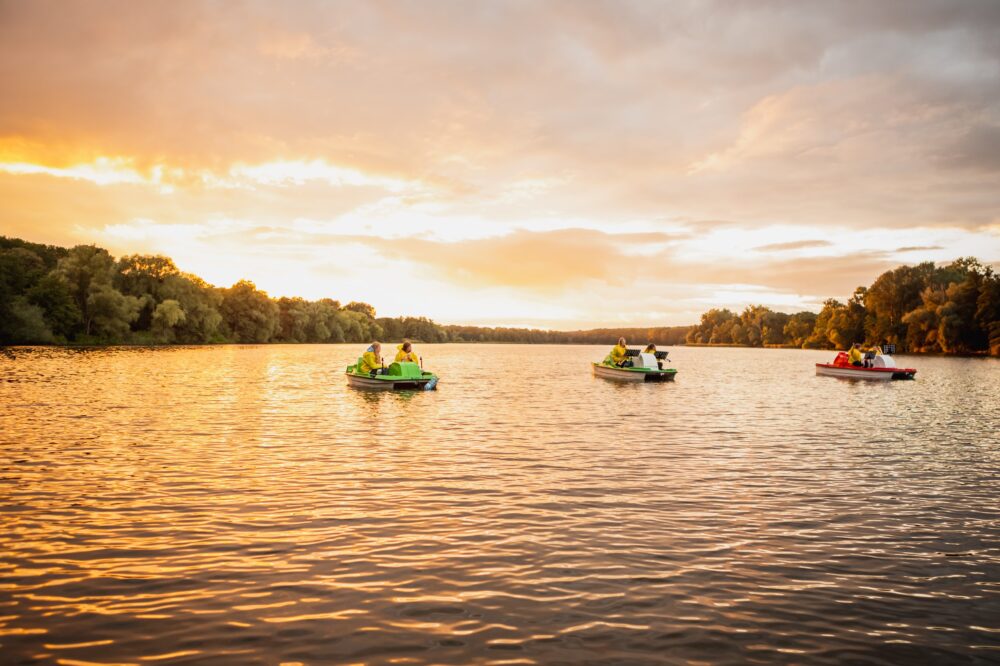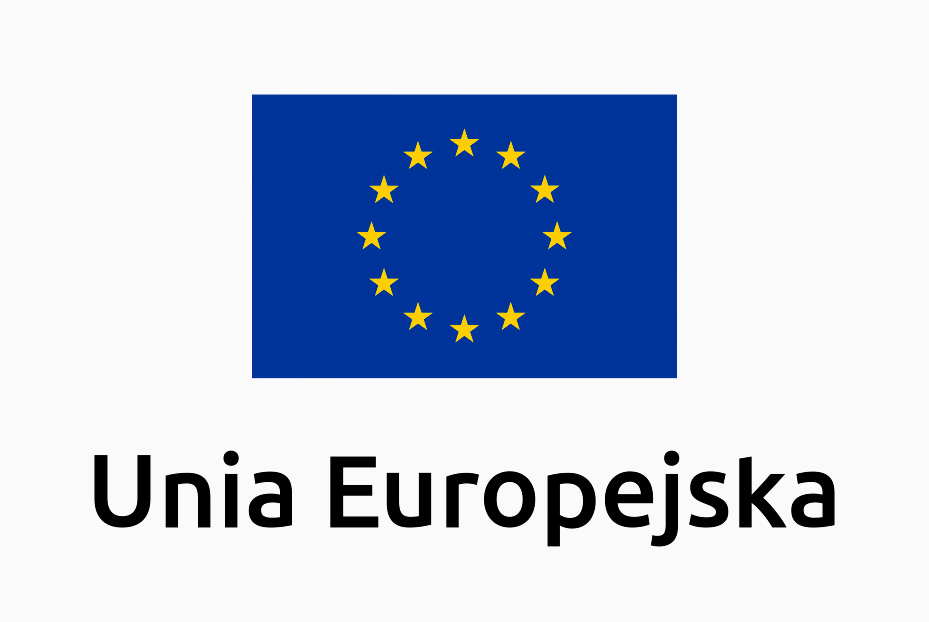It is so hard to imagine Poznań without Lake Rusałka. What do we know about it? For most Poznań residents, it is a place of recreation, relaxation and meetings with family and friends. However, this idyllic atmosphere stands in stark contrast to the tragic history of the lake's creation.
It was dug out during World War II following the designs of German architects, by the superhuman efforts of Jewish prisoners and Polish forced labourers. The Germans used matzevot from the Jewish cemetery in Głogowska Street to reinforce the bottom and the banks.
In the summer, when the water level is lower, the matzevot emerge from beneath the water, reminding us of a not-so-distant history that even Poznań residents are unaware of. Lake Rusałka is a unique "memorial" to the transition from death to life. It is a unique "monument" which gives joy to the present-day inhabitants of Poznań and lacks "only" and "as much as" the restoration of the memory of its history. This history needs to be discussed and recalled...
Participants:
Rafał Rosół – expert on classical languages, linguist, professor at the Faculty of Polish and Classical Philology of Adam Mickiewicz University, Poznań. He has published scholarly books, such as Wschodnie korzenie kultu Apollona and Frühe semitische Lehnwörter im Griechischen as well as literary texts for the younger readership: Potrawa osłów greckich and Heksa na hulajpecie. He is passionate about the ancient world, intercultural contact, the presence of Latin in public settings, literary and cultural history, as well as the phenomenon of multilingualism and problems of discrimination.
Paweł Skrzypalik – historian of ideas, author of the Digital Lapidary of Poznań, or “socially engaged archives”. For years, he has been involved in organising and sustaining the social memory of former residents of Poznań, working in collaboration with local authorities and local communities.
Jan Kwiatkowski – history educator, he works at the Dachau Concentration Camp Memorial Site. He has published on forced labour camps in Poznań in Miasteczko Poznań, Kronika Miasta Poznania and Zagłada Żydów annual.
Zbigniew Pakuła – editor-in-chief of Miasteczko Poznań quarterly, author of books: Siwe kamienie (1998), The Jews of Poznań (Vallentine Mitchell, Londyn 2002), Chawerim. Poznańscy Żydzi (2018), and Poznań Majn Hejm. Historia Barucha Bergmana (2019).
Moderator:
Przemek Prasnowski – culture animator, director, actor, a friend of minorities. Head of Barak Kultury Foundation, where he coordinates the work of Inny Festiwal/Other Festival and projects such as: Teatr Ba-Ku/Ba-Ku Theatre, Tęczowe Seniorki/Rainbow Senior Women and Rusałka, jezioro które łączy/Rusałka, a lake that unites.


